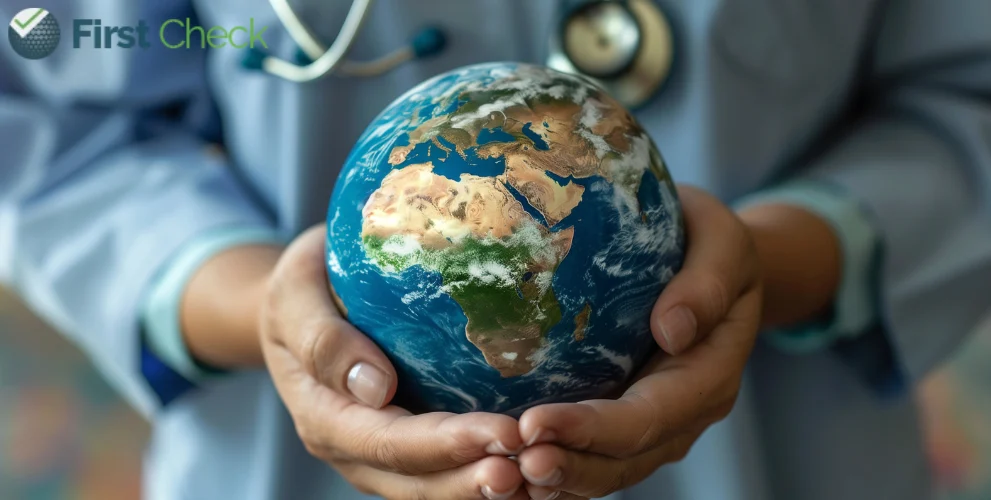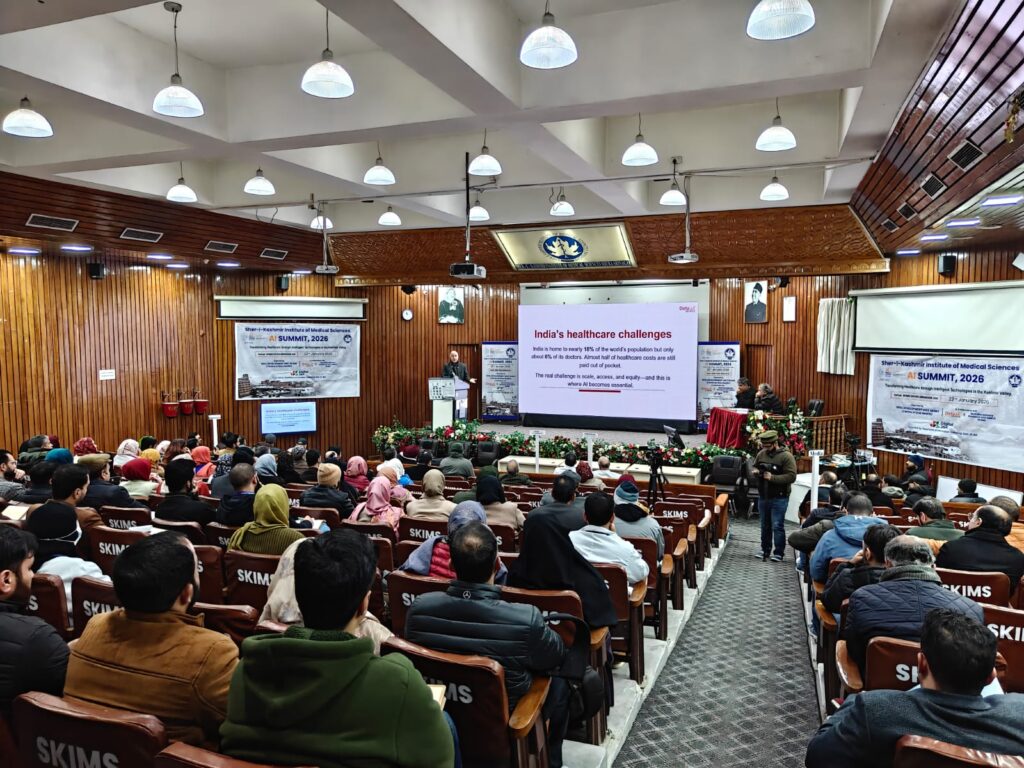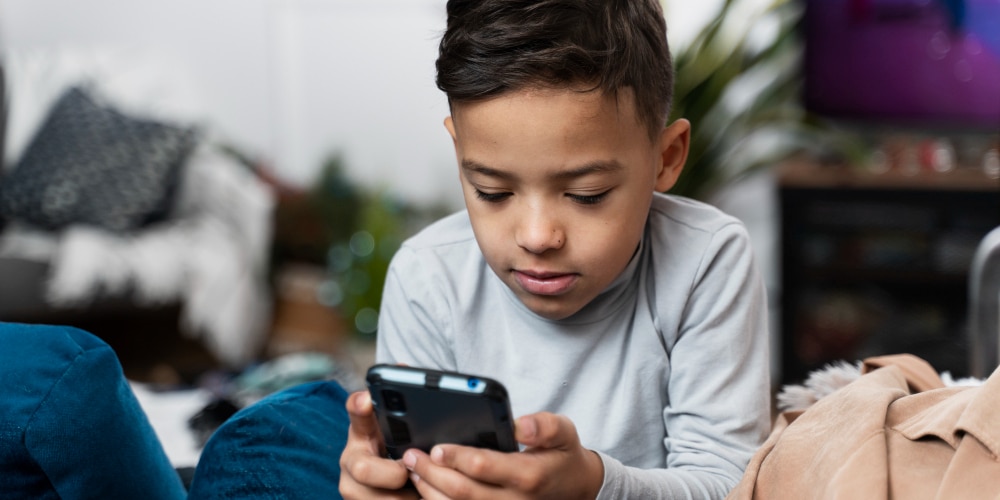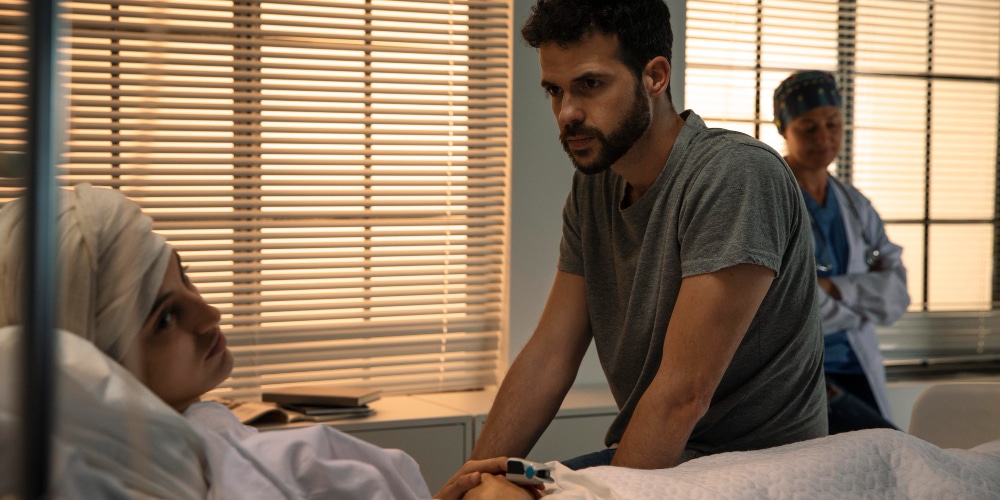Addressing the threat to global public health
Author
Author
- admin / 2 years

- 0
- 2 min read

Author
Experts consider the impact of upcoming US election results and the role of social media platforms in the dissemination of health information.
As the presidential election approaches in the United States, experts underscore how the results will impact the health and human rights of millions of people across the globe. A recent article in Health and Human Rights Journal, an online, open-access publication, warns against the threat to global health progress due to widespread disinformation.
“The forthcoming US election is consequential for global health. Continued investment in multilaterals to improve global health and reproductive rights are vital to a vision of health and human rights for everyone,” the report reads. “The stakes are tremendous, amid growing threats from the health impacts of climate change, future pandemics, widespread displacement of people from natural and human-made disasters, and an anti-gender movement that seeks to deny the human rights of LGBTQI individuals,” it adds.
With growing concerns about health misinformation, there has been increased attention to the role that various social media platforms play in the dissemination of health information, both accurate and inaccurate. In a recent report, Kaiser Family Foundation, a US-based non-partisan organisation focused on health policy, finds that on the issue of abortion TikTok users across the political spectrum are much more likely to say that the content they see on the app is mostly pro-choice or supportive or abortion rights rather than anti-abortion or supportive of abortion restrictions. “Even among Republican TikTok users, the share who say they mostly see pro-choice content on the app is roughly three times the share who say they mostly see anti-abortion content,” notes the report.
Most adults who use TikTok, according to the report, see health-related content on the app, mostly about mental health and weight loss. “While about four in ten TikTok users say they trust information about health issues they see on the app, just one in eight say they have ever talked to a doctor (13 per cent) or sought mental health treatment (12 per cent) at least in part because of something they saw on TikTok,” it further notes.
During the US presidential election in 2016, “fake news” was the catchphrase. Two election cycles later, the threat of misinformation has only become more insidious. This poses huge risks not only to democracy, but also to global public health.
Read More: LASA drugs pose significant public health threat in India: The Lancet









